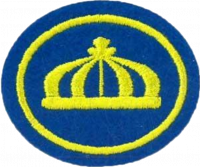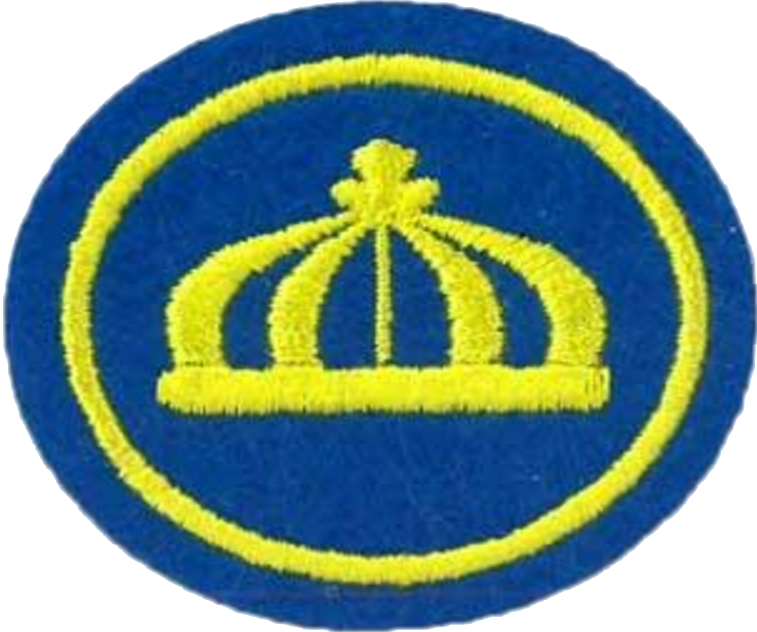AY Honor Kings of Israel Answer Key
1
When you come to the land which the Lord your God is giving you, and possess it and dwell in it, and say, ‘I will set a king over me like all the nations that are around me,’ you shall surely set a king over you whom the Lord your God chooses; one from among your brethren you shall set as king over you; you may not set a foreigner over you, who is not your brother. But he shall not multiply horses for himself, nor cause the people to return to Egypt to multiply horses, for the Lord has said to you, ‘You shall not return that way again.’ Neither shall he multiply wives for himself, lest his heart turn away; nor shall he greatly multiply silver and gold for himself. Also it shall be, when he sits on the throne of his kingdom, that he shall write for himself a copy of this law in a book, from the one before the priests, the Levites. And it shall be with him, and he shall read it all the days of his life, that he may learn to fear the Lord his God and be careful to observe all the words of this law and these statutes, that his heart may not be lifted above his brethren, that he may not turn aside from the commandment to the right hand or to the left, and that he may prolong his days in his kingdom, he and his children in the midst of Israel.
2
You can read chapters 8-10 of 1 Samuel at BibleGateway.
Saul became the first king of Israel due to God’s people wanting to be like the surrounding nations who already had kings. Samuel was old and his sons were corrupt. The elders at the time believed Samuel was soon to pass and they saw no leader to guide them. As a result, they looked for a man, as other nations had, instead of looking to God.
God in His infinite wisdom knew this was going to happen. He predicted it just before the children of Israel crossed over Jordan to the Promised Land. As such, The Lord gave guidelines concerning the matter, stating that this person must be from among their brethren and not someone from the outside.
3
The divine role of the King was to lead the people of God in the divine path to righteousness, upholding the laws and statutes of the Lord.
4
- The first and continuing King of Israel and all the world was God Himself. God wants to be the ultimate leader to His people and wants His children to enjoy in His everlasting kingdom.
- King Saul was the first anointed king of Israel.
- King David, the son-in-law of Saul, son of Jesse.
- King Solomon, son of David and Bathsheba.
5
And He changes the times and the seasons;
- He removes kings and raises up kings;
- He gives wisdom to the wise
- And knowledge to those who have understanding.
We might not always agree with our own political leaders, but it is important for us to understand that God's will placed them where they are today. This is true even when the leader is an ungodly person, as in the following passage:
Jesus answered, “You could have no power at all against Me unless it had been given you from above. Therefore the one who delivered Me to you has the greater sin.”
We might not understand why God allows evil people to rise to power, but we must remember:
And we know that all things work together for good to those who love God, to those who are the called according to His purpose.
God establishes rulers that He might also establish order. It is therefore important for us to obey our leaders to the extent that their commands do not conflict with God's:
But Peter and the other apostles answered and said: “We ought to obey God rather than men.
And Jesus answered and said to them, “Render to Caesar the things that are Caesar’s, and to God the things that are God’s.”
6
This can be found in 1 Samuel 15. Basically, God commanded Saul (through Samuel the prophet) to attack Amalek (which was ruled by Agag), and "utterly destroy all that they have, and do not spare them." But Saul kept the livestock and took Agag prisoner. When confronted by Samuel about this, he claimed that they had done so in order that they might sacrifice them to the Lord. But even though this is not what the Lord had commanded, Saul insisted that he had obeyed God. Samuel pronounced God's sentence, saying "Because you have rejected the word of the Lord, He also has rejected you from being king."
The reason Saul was rejected as king was not that he did not obey God, but rather, that he did not repent of his wrongdoing.
7
8
Unlike Saul who did not repent when confronted with his sin, David did repent. He did not try to excuse his behavior or blame someone else for what he did. He accepted blame and was truly sorry for what he had done. David's response should be an example to us today. We all have sinned and fall short of the glory of God, and if we try to excuse our sins, we are following Saul's pattern. If we admit that we have been sinful and ask God for forgiveness as David did, then we too will be "after God's own heart" and God will forgive us.
If we confess our sins, He is faithful and just to forgive us our sins and to cleanse us from all unrighteousness.
9
The passage can be found on Bible Gateway. In the cited passage, human wisdom was unable to determine who the mother was. But since Solomon has been given wisdom by the Lord, he was able to devise a simple test that made it obvious who the mother was. Everyone was able to see exactly what the truth was.
10
You can read this passage at BibleGateway.
11
12
13
13a
King Azariah (Uzziah) walked in the ways of the Lord. God rewarded him, causing him to prosper. God also helped him to claim victory in many wars with over 300,000 men at his side.
13b
King David surrendered his heart to the Lord. Of the many good things he did, he gave to his son Solomon the blueprints for the house of the Lord, the temple that was to be built to glorify the Lord.
13c
King Hezekiah walked in the ways of the Lord. He repaired the temple, leading God’s people back to Him. He requested God to forgive them and made a covenant with the Lord.
13d
King Jehoshaphat also walked in the ways of the Lord. He followed God to the point where he sent singers to sing praises unto the Lord, even though three vast armies were coming to make war and try to defeat him. The Lord blessed him by causing no man to fight and defeating the armies Himself.
13e
King Josiah was the last good king before destruction. After he became king at age eight, he followed the Lord. In the process, he removed idols, reestablished the practices of Passover, and obeyed the laws of the Lord.
13f
14
15


